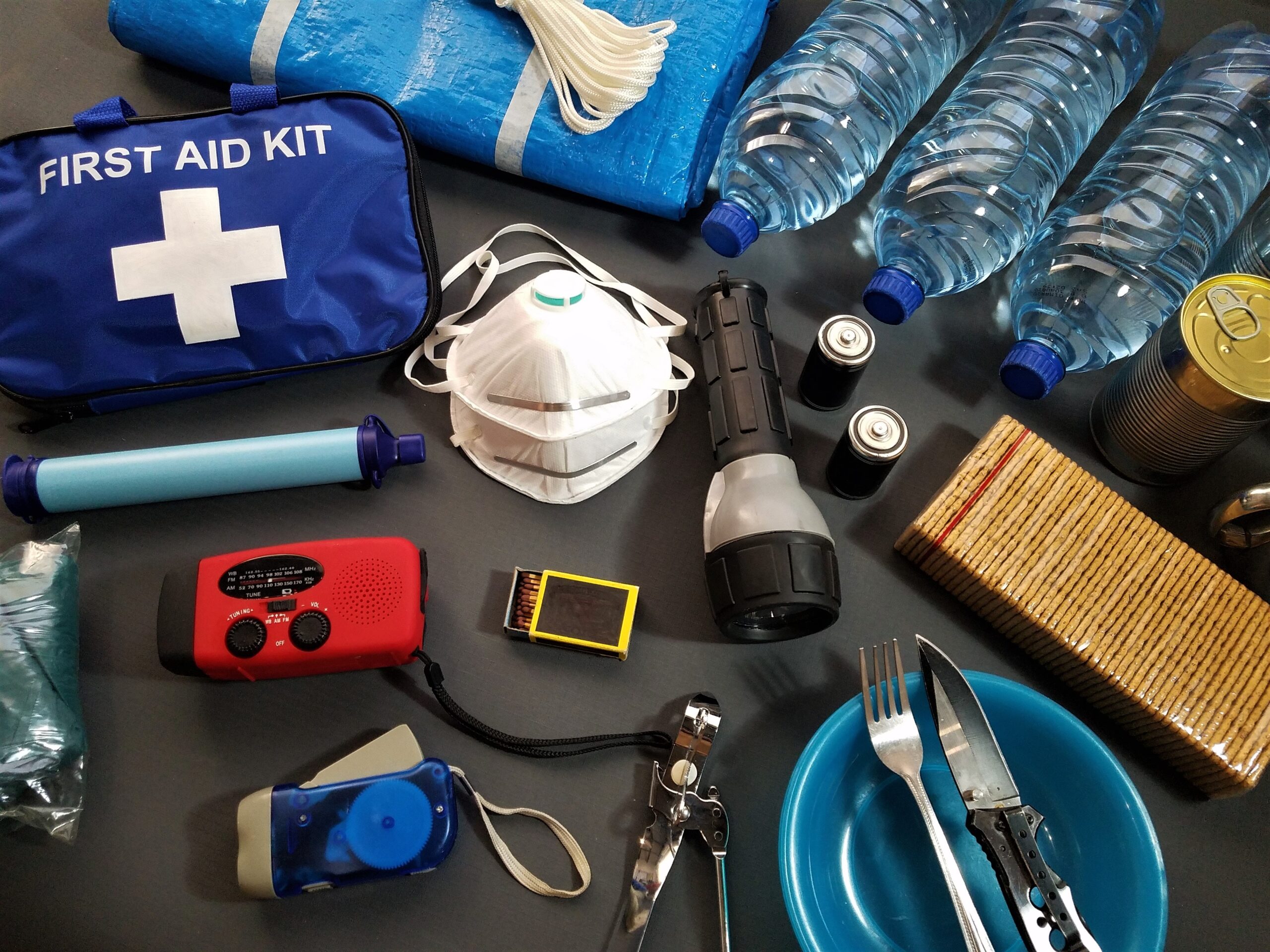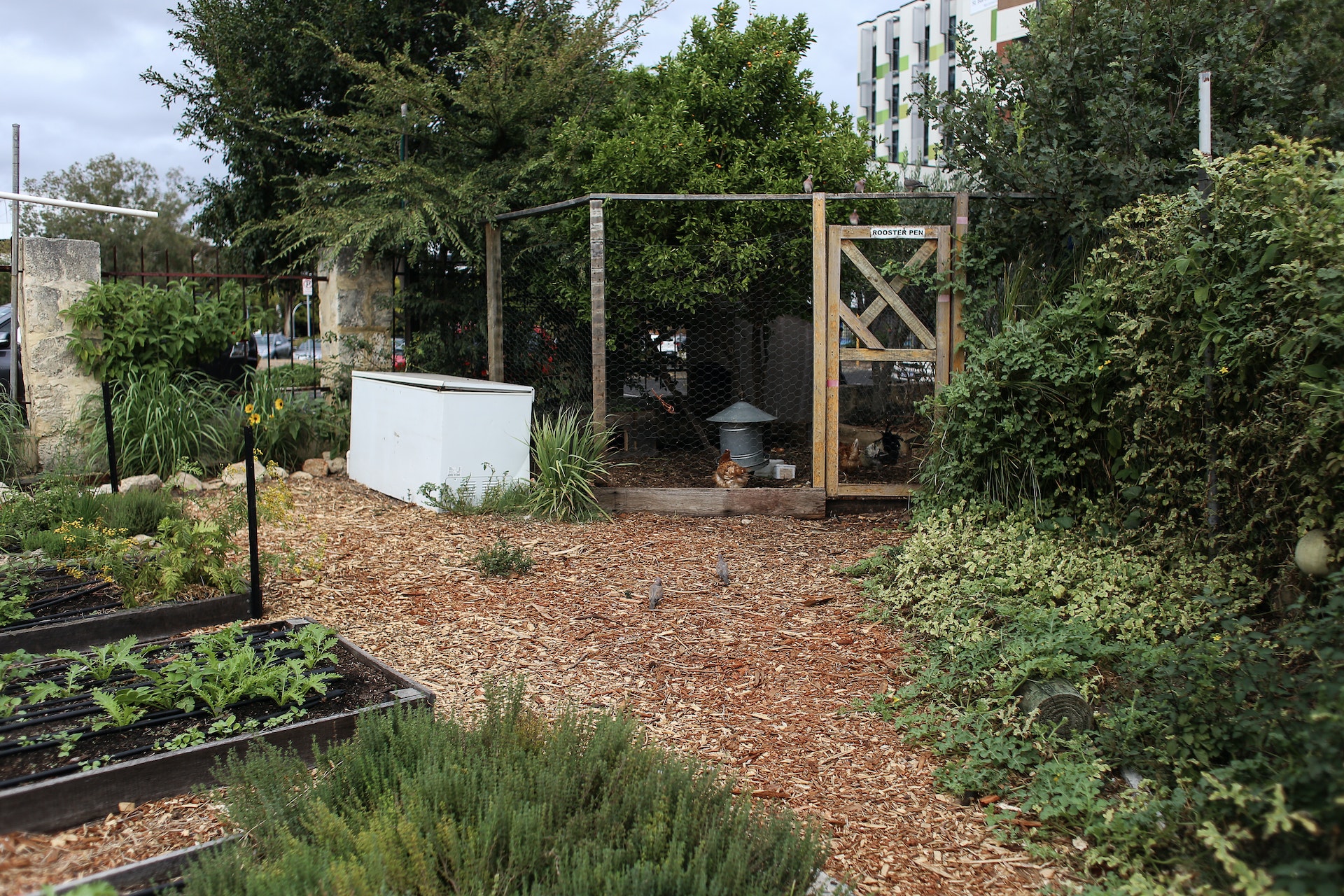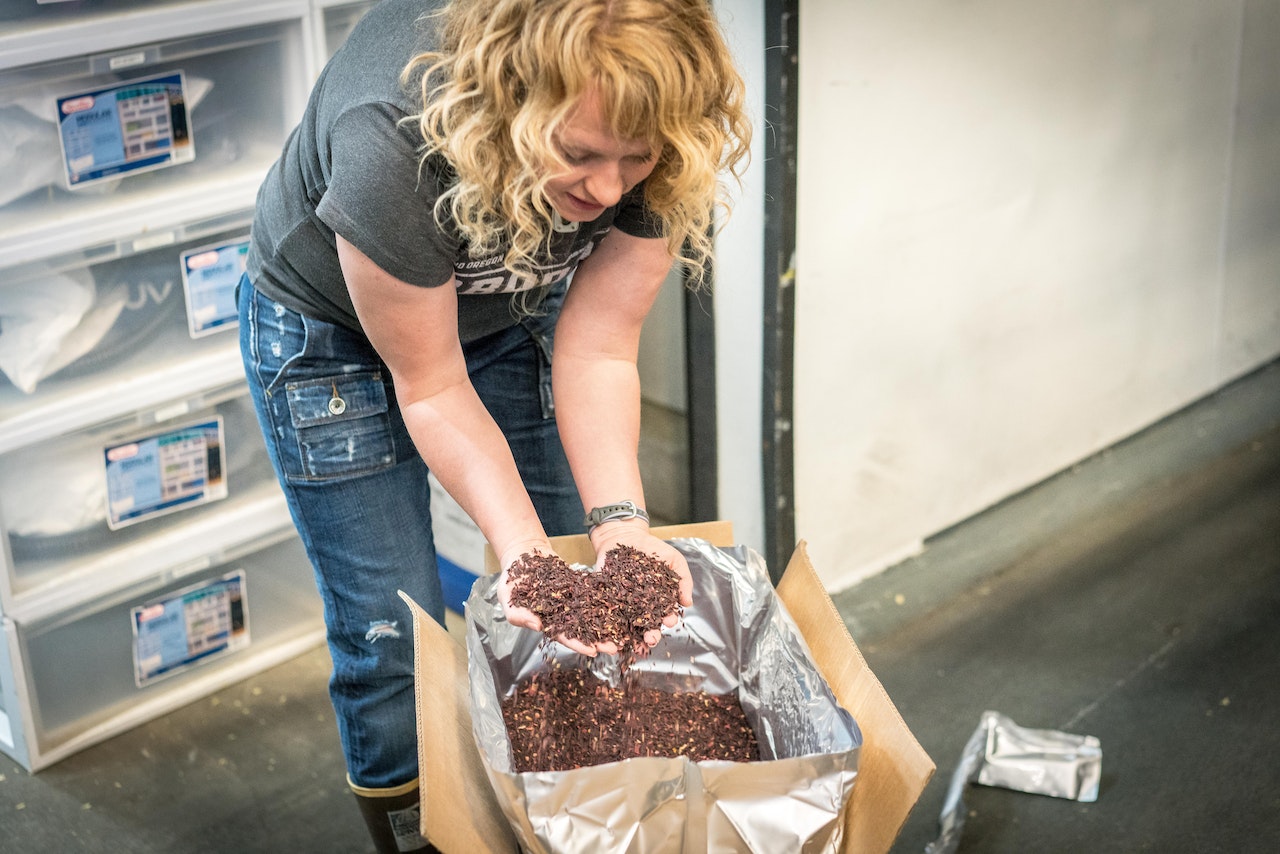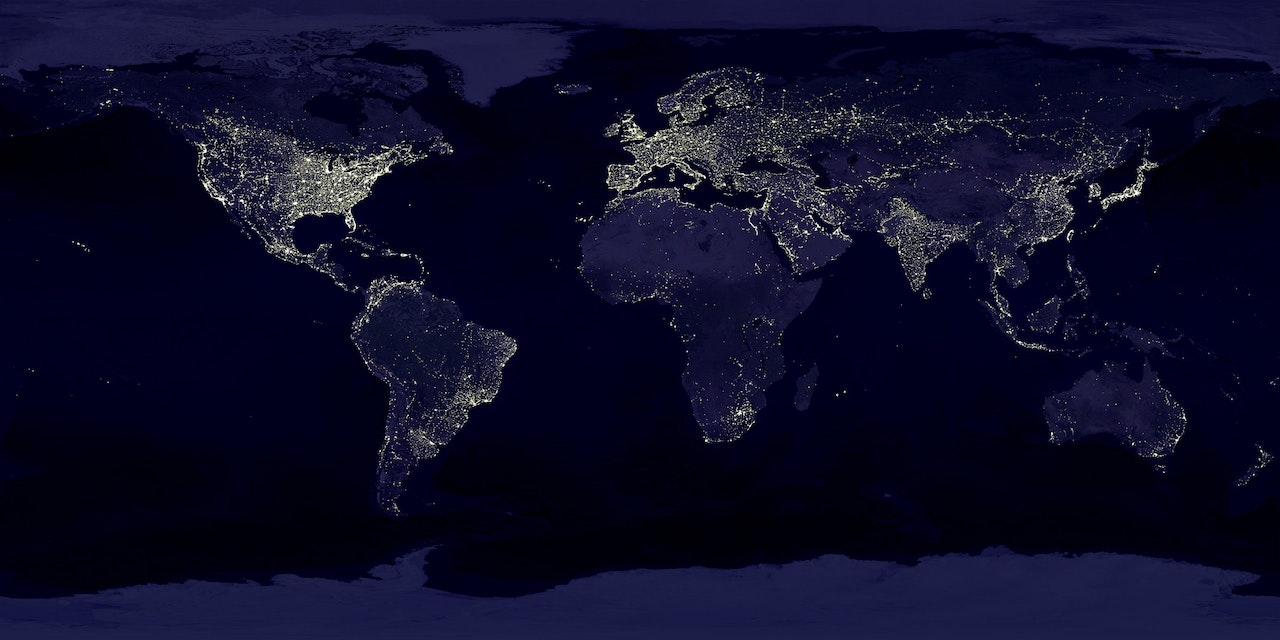Photo by: Roger Brown Source: Pexels
This checklist is designed to help you prepare for survival needs for up to three months. While specifics will vary based on individual requirements and local conditions, this general list can serve as a starting point for your preparations.
Water
- Water Storage Containers: At least one gallon per person per day for drinking and sanitation (270 gallons for one person for 90 days).
- Water Filters/Purifiers: Portable and/or larger filtration systems.
- Purification Tablets: Backup method for water purification.
- Rain Collection System: Set up barrels or other containers to collect rainwater.
Food
- Non-perishable Items: Such as canned goods, rice, beans, lentils, pasta, flour, sugar, salt, and honey.
- Dehydrated or Freeze-Dried Foods: Ready-made meals or bulk ingredients.
- Seeds: For sprouting or growing your own food.
- Manual Can Opener: If relying on canned goods.
- Cooking Essentials: Cooking oil, spices, and condiments.
- Long-Life Dairy: Powdered milk or canned alternatives.
Cooking & Food Preservation
- Stove: Portable camp stove or solar oven.
- Fuel: Propane, charcoal, or wood, depending on your cooking method.
- Cookware: Pots, pans, and utensils.
- Preservation Methods: Canning equipment, dehydrators, and/or vacuum sealers.
Shelter & Warmth
- Emergency Shelter: Tent, tarps, and/or bivvy sacks.
- Blankets & Sleeping Bags: Ensure they are appropriate for the expected temperatures.
- Warm Clothing: Insulated jackets, hats, gloves, and thermal wear.
- Heat Source: Wood for a fireplace, portable heaters, or heating pads.
Medical & First Aid
- Basic First Aid Kit: Bandages, antiseptics, pain relievers, etc.
- Extended First Aid Supplies: Wound care items, splints, sutures, etc.
- Prescription Medications: A 3-month supply if possible.
- Over-the-counter Medications: Pain relievers, cold medicine, anti-diarrheal, etc.
- Essential Oils: Such as lavender (for burns and calmness) and tea tree oil (for its antiseptic properties).
Hygiene & Sanitation
- Toiletries: Toothpaste, toothbrushes, soap, feminine hygiene products.
- Portable Toilet: If your regular facilities become unusable.
- Sanitation Supplies: Trash bags, bleach, sanitizing wipes.
- Laundry Supplies: Basin, detergent, and clothesline or rack.
Power & Lighting
- Flashlights: With extra batteries.
- Lanterns: Solar or battery-operated.
- Solar Chargers: For small electronics.
- Generator: With fuel, if possible and safe to use.
Communication
- Battery-Powered Radio: For news and updates.
- Two-way Radios: For communication with family or neighbors.
- Emergency Whistle: To signal for help.
Tools & Defense
- Multi-tool or Knife: For various tasks.
- Rope or Paracord: Multiple potential uses.
- Fire-starting Supplies: Matches, lighters, fire starters.
- Basic Hand Tools: Hammer, nails, saw, etc.
- Self-defense Items: Depending on comfort level and legality: pepper spray, firearms, etc.
Miscellaneous
- Cash: In case electronic methods of payment don’t work.
- Important Documents: Passport, IDs, medical records in a waterproof container.
- Entertainment: Books, cards, board games for mental well-being.
- Local Maps: For navigation and planning.
Remember, the specifics of your preparation will need to be tailored to your individual needs and the specific challenges of your region. Always review and adapt your preparations regularly to ensure they remain current and adequate.



